China stands as an unrivaled hub for building materials sourcing. As a leading authority in Asian sourcing solutions, we’ve compiled this comprehensive guide to help you better understand China’s vast building material markets with confidence and precision.
China’s Building Material Market Landscape
Why China Dominates Global Building Material Sourcing
China has emerged as a world leader in the building materials industry, thanks to its highly developed manufacturing infrastructure, cost-effective labor, and efficient production capabilities. With its strategic investments in manufacturing hubs, China can produce a vast range of building materials, from tiles and ceramics to high-quality lighting and furniture. Chinese suppliers are adept at meeting international standards, making them ideal partners for global businesses looking for affordable, high-quality materials.
Chinese markets benefit from economies of scale, which allows local manufacturers to produce materials at lower costs. Combined with advanced logistics networks and government incentives, this helps reduce expenses for buyers worldwide.
Key Manufacturing Hubs and Their Specializations
China’s manufacturing hubs are strategically located across several provinces, each with distinct specializations:
- 広東省: Known as the “Manufacturing Powerhouse,” Guangdong is renowned for ceramics, tiles, lighting, and furniture.
- 浙江省: Specializes in hardware, sanitary fittings, and electrical components.
- Jiangsu Province: Focuses on high-quality stone, marble, and advanced building materials.
- Shanghai: A leading hub for international business, known for high-end building materials, furniture, and innovative products.
Market Structure and Trading Ecosystem
The structure of Chinese building material markets varies across regions, often consisting of sprawling wholesale districts, specialized centers, and modern trade fairs.
Wholesale markets are popular for their extensive range of products, often grouped by type for easy navigation. Many of these markets also cater to export clients with clear guidelines on product quality, pricing, and packaging standards. From small suppliers to large manufacturers, China’s trading ecosystem is designed to cater to diverse buyer needs.
Types of Building Materials You Can Import from China
Here’s a list of the key material categories you can source from China for construction projects:
Building Materials for Interior Spaces
- Doors and Windows: A wide range of styles, materials (wood, aluminum, PVC), and sizes.
- Acoustical Ceiling Tiles: For soundproofing and noise reduction.
- Flooring: Ceramic, porcelain, laminate, hardwood, engineered wood, and vinyl flooring.
- Kitchen Interior: Cabinetry, countertops, sinks, faucets, and other appliances.
- Sanitary and Bathroom Equipment: Toilets, sinks, bathtubs, showers, and accessories.
- Vanities: In various styles, sizes, and materials (wood, marble, granite).
- Wall Panels: For interior wall coverings, often made of wood, MDF, or PVC.
Building Materials for Exterior Spaces
- Drywall: For interior wall and ceiling construction.
- Insulation: Mineral wool, fiberglass, and foam insulation for thermal and acoustic purposes.
- Roofing and Siding: Roofing tiles, shingles, metal roofing, vinyl siding, and fiber cement siding.
- Deck and Railing: Wood, composite, and metal decking materials, along with railing systems.
- EIFS and Stucco: Exterior Insulation Finishing Systems and stucco for exterior wall finishes.
- Steel Frames: Structural steel components for building frameworks.
Additional Key Materials
Beyond the specific categories above, China also offers a wide range of other construction materials, including:
- Steel Products: Rebar, steel beams, steel pipes, and steel sheets.
- Rebar: Used for reinforcing concrete structures, providing tensile strength.
- Cement and Concrete Products: Portland cement, concrete blocks, concrete pipes, and ready-mix concrete.
- Glass and Ceramics: Glass for windows and doors, ceramic tiles for flooring and walls, and sanitary ware.
2. Timber and Wood Products: Lumber, plywood, MDF, and HDF.
- Lumber: For framing, flooring, and decking.
- Plywood: A versatile material for various construction applications.
- MDF (Medium-Density Fiberboard): For cabinetry and furniture.
- HDF (High-Density Fiberboard): For flooring and door panels.
3. Building Hardware: Locks, hinges, handles, pulls, fasteners, and plumbing fixtures.
- Locks and Hinges: For doors and windows.
- Handles and Pulls: For cabinets and drawers.
- Fasteners: Screws, bolts, and nails.
- Plumbing Fixtures: Faucets, showerheads, and valves.
4. Paint and Coatings: Interior and exterior paints, and specialized coatings for various surfaces
Major Building Material Markets by Region
Guangdong Province: The Manufacturing Powerhouse
Foshan’s Specialized Markets
Foshan is internationally recognized for its ceramics and tile markets, offering both affordable and premium options. The city is a go-to location for ceramic tiles, bathroom fittings, and other home fixtures, drawing buyers from around the world. The area’s famous Ceramic City and China Ceramic Industry Headquarters are worth exploring for those seeking top-tier tiles and ceramics.
Guangzhou’s Wholesale Districts
Guangzhou boasts a variety of wholesale districts catering to different building materials. Markets here include specialized zones for lighting, electrical, and decorative products. Due to Guangzhou’s strategic location near major ports, it’s a favorable choice for buyers seeking seamless export options.
Shenzhen’s Modern Trading Centers
Shenzhen is known for its high-tech markets and trading centers, offering advanced building solutions, smart lighting, and eco-friendly materials. With its proximity to Hong Kong, Shenzhen serves as an international trading bridge and is popular among buyers looking for innovative building solutions.
Zhejiang Province Markets
In Zhejiang, markets are centered around hardware and sanitary ware. Cities like Ningbo and Taizhou specialize in plumbing, fixtures, and tools. The province’s proximity to Shanghai also allows for efficient export and logistics handling, making it an excellent choice for international buyers.
Jiangsu Province Hubs
Jiangsu is renowned for its stone and marble markets, especially in cities like Xiamen. These hubs offer premium-quality stone, ideal for luxury and commercial construction projects. The province is also home to advanced material manufacturers specializing in sustainable and eco-friendly options.
Shanghai’s International Markets
Shanghai is China’s leading international trading city, with markets catering to high-end building materials, sophisticated furniture, and decorative products. Markets here are suited for businesses looking for unique, premium products and suppliers who can handle international requirements for quality and documentation.
Product-Specific Market Guide
Ceramic and Tile Markets

Premium Markets
For premium ceramics and tiles, Foshan and Shenzhen’s markets lead the way. These areas offer products that meet international quality standards, perfect for upscale residential or commercial projects.
Budget-Friendly Options
Budget-friendly ceramic and tile options can be found in cities like Chaozhou, where cost-effective solutions are available without sacrificing quality.
Export-Focused Centers
Foshan’s Ceramic City is an export-centric hub, offering a range of tile styles and sizes that cater specifically to international buyers.
Furniture and Cabinet Markets

Furniture markets in cities like Dongguan and Shunde offer a vast selection of cabinetry, furniture, and home decor options. Dongguan, in particular, is home to some of the largest furniture markets, ideal for sourcing cabinets, kitchen fittings, and custom-made furnishings.
Sanitary Ware and Bathroom Fittings
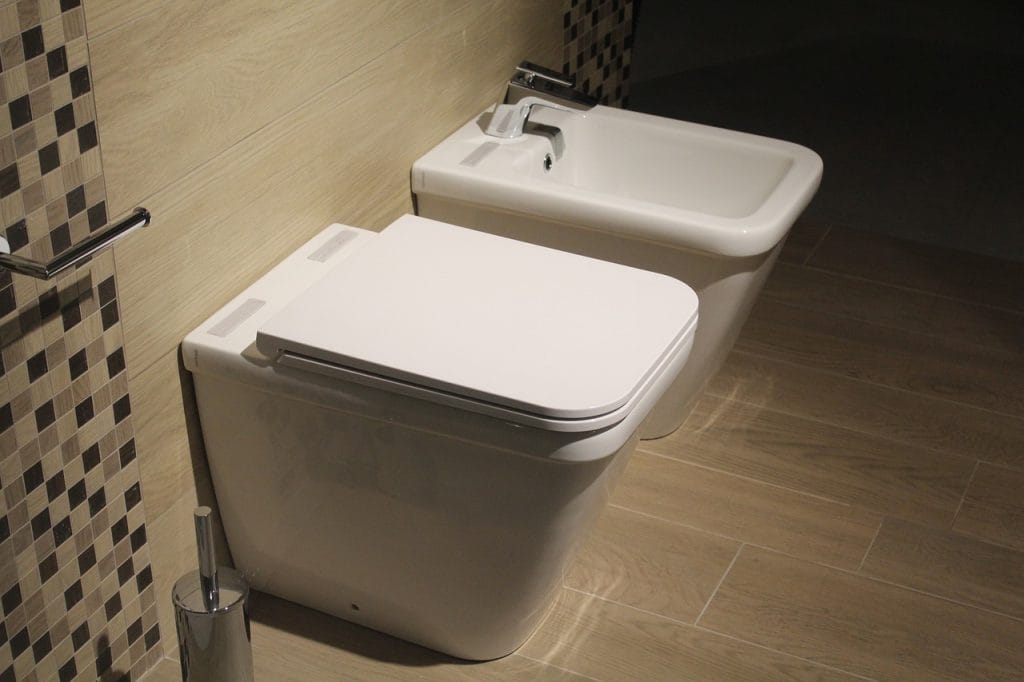
For bathroom fittings, including faucets, basins, and shower systems, Zhejiang Province (especially Ningbo) provides excellent options. These markets offer both high-quality and affordable products for various budgets.
Lighting and Electrical

China’s lighting and electrical markets are centered in Guangdong, particularly in Zhongshan and Foshan. Buyers can source all types of lighting, from commercial-grade fixtures to decorative lights, as well as electrical components.
Stone and Marble Centers

For premium stone and marble, Fujian Province, especially Xiamen, is highly recommended. These centers provide a wide range of stone options, from granite and marble to specialty stones.
Doors and Windows

Cities like Yongkang in Zhejiang Province are well-known for their door and window manufacturing markets, offering both traditional and modern designs.
Considerations for Visiting Chinese Building Material Markets
Pre-Visit Planning
Before visiting any market, research the products you need and shortlist suppliers. Create a clear plan, including setting appointments with key vendors, arranging interpreters if needed, and having an itinerary to manage your time efficiently.
Communication Strategies
Language barriers can be a challenge, but hiring a translator or using sourcing agents can help facilitate smooth interactions. Learning basic Mandarin phrases related to your product can also be helpful.
Price Negotiation Tips
Negotiating prices is common practice. To secure better rates, approach discussions with an understanding of standard pricing and market trends. Negotiating in bulk, especially for export, can lead to significant discounts.
Quality Control Essentials
Quality control is crucial. Always request samples or visit production facilities to inspect materials. Working with third-party inspection companies can also ensure product quality before shipment.
Payment Methods and Terms
Chinese suppliers may prefer payments in USD or RMB. Payment terms often include deposits, with the remaining balance due before shipment. Discuss these terms upfront to avoid misunderstandings.
Export Logistics and Compliance
Documentation Requirements
Exporting building materials requires various documents, including invoices, certificates of origin, and packing lists. Work closely with your supplier to ensure all paperwork complies with your home country’s regulations.
Shipping Options and Costs
Shipping costs vary based on your location and chosen method—sea freight is the most economical, while air freight is faster but more costly. Factor in additional costs like customs clearance, packaging, and insurance.
Quality Certifications
Ensure that your products have the necessary certifications, especially for regulated items. Certifications like CE (European Union) and CCC (China Compulsory Certification) are commonly required.
Customs Procedures
Each region has different customs procedures. Collaborating with a freight forwarder familiar with Chinese export laws can streamline this process and reduce delays.
Import Regulations by Region
Research specific import regulations in your region to avoid complications upon arrival. Some countries may have restrictions or require additional certifications for particular materials.
Digital Sourcing Alternatives
Online Marketplaces
For those unable to visit China, platforms like Alibaba and Made-in-China offer virtual access to numerous suppliers. These marketplaces allow for product browsing, supplier communication, and ordering samples.
Virtual Factory Tours
Some suppliers now offer virtual factory tours, allowing buyers to inspect production facilities remotely. This feature can help buyers verify quality and operational standards from afar.
Digital Payment Platforms
Digital payment platforms like PayPal and Alipay are widely accepted, offering security for transactions. Ensure that you choose a payment method that offers protection for international purchases.
Online Quality Verification
Consider online quality verification services offered by third-party inspection companies. These services provide detailed reports, including photos and specifications.
Challenges When Buying from Building Materials Markets in China
言語の壁
Language can be a barrier, especially when negotiating or discussing technical details. Hiring a translator or sourcing agent can mitigate misunderstandings.
Quality Verification
Verifying product quality remotely can be challenging. Working with third-party inspection services helps ensure you receive materials that meet your standards.
Payment Security
International transactions come with some risk. Secure payment options, such as Letters of Credit or escrow services, offer additional security for overseas payments.
配送遅延
Logistics challenges, including seasonal backlogs and port congestion, can lead to shipping delays. Plan purchases ahead to account for potential disruptions.
Cultural Differences
Understanding Chinese business etiquette and cultural norms can make a positive impression and foster stronger business relationships.
Working with Sourcing Agents
Benefits of Professional Assistance
Sourcing agents offer valuable local knowledge, language support, and negotiation skills, which can save time and reduce risks when sourcing from China.
Choosing the Right Agent
Choose agents with proven experience in your industry and region of interest. A reputable agent such as オーストラリア will have strong supplier connections and a clear understanding of local markets.
Cost Structures
Sourcing agents typically charge a fee based on the order size or commission. Discuss fees upfront to understand the full cost structure.
Service Expectations
Clarify the scope of services, including supplier vetting, quality control, そして logistics management. Define your expectations in a contract to ensure seamless service.
結論
With this guide, sourcing building materials from China can become a smoother, more efficient process. Now that you learned about the regional markets, product-specific options, and logistical considerations, you can tap into China’s robust industry with confidence.
Success in these markets requires careful planning, clear communication, and often, professional assistance. At Asian Sourcing Group, we specialize in helping businesses navigate these complex markets efficiently and profitably.
Whether you’re sourcing ceramics from Foshan, furniture from Guangzhou, or hardware from Zhejiang, our team can provide the expertise and support you need to make your sourcing journey successful. Contact us today to learn how we can help you access the best of China’s building material markets.
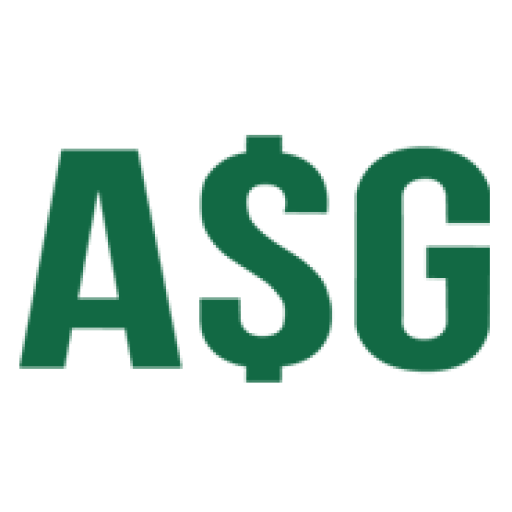
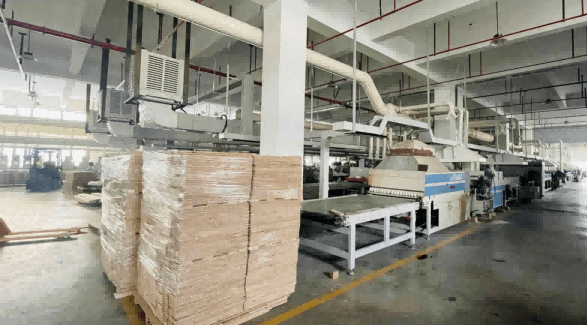
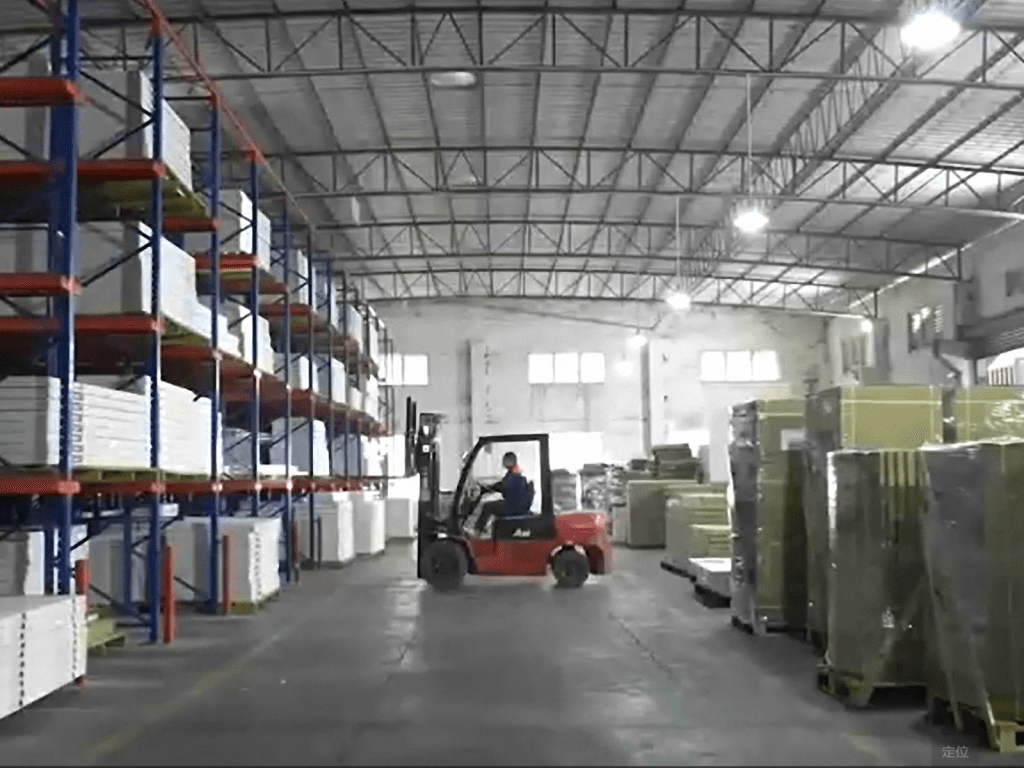

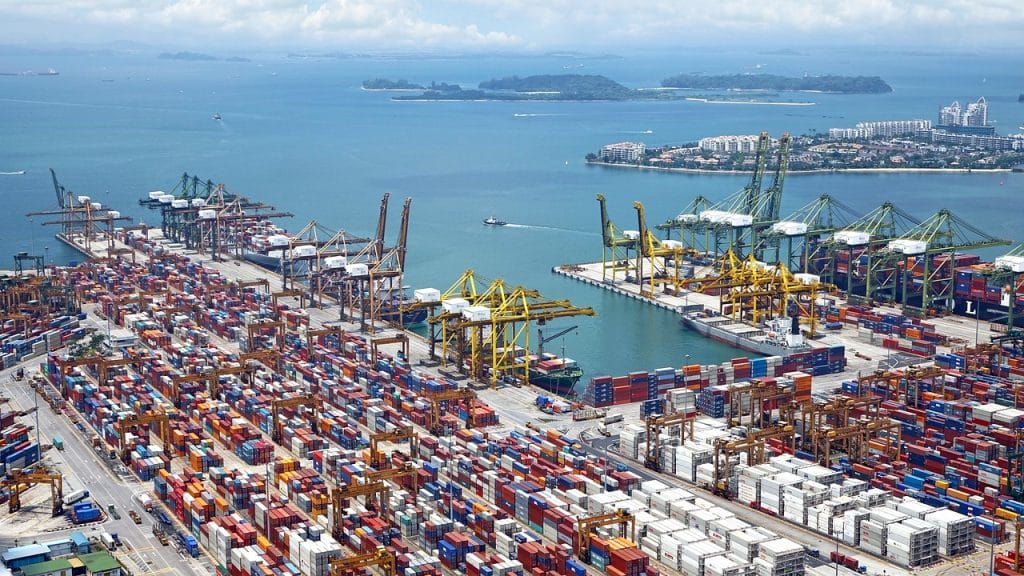


-300x198.png)